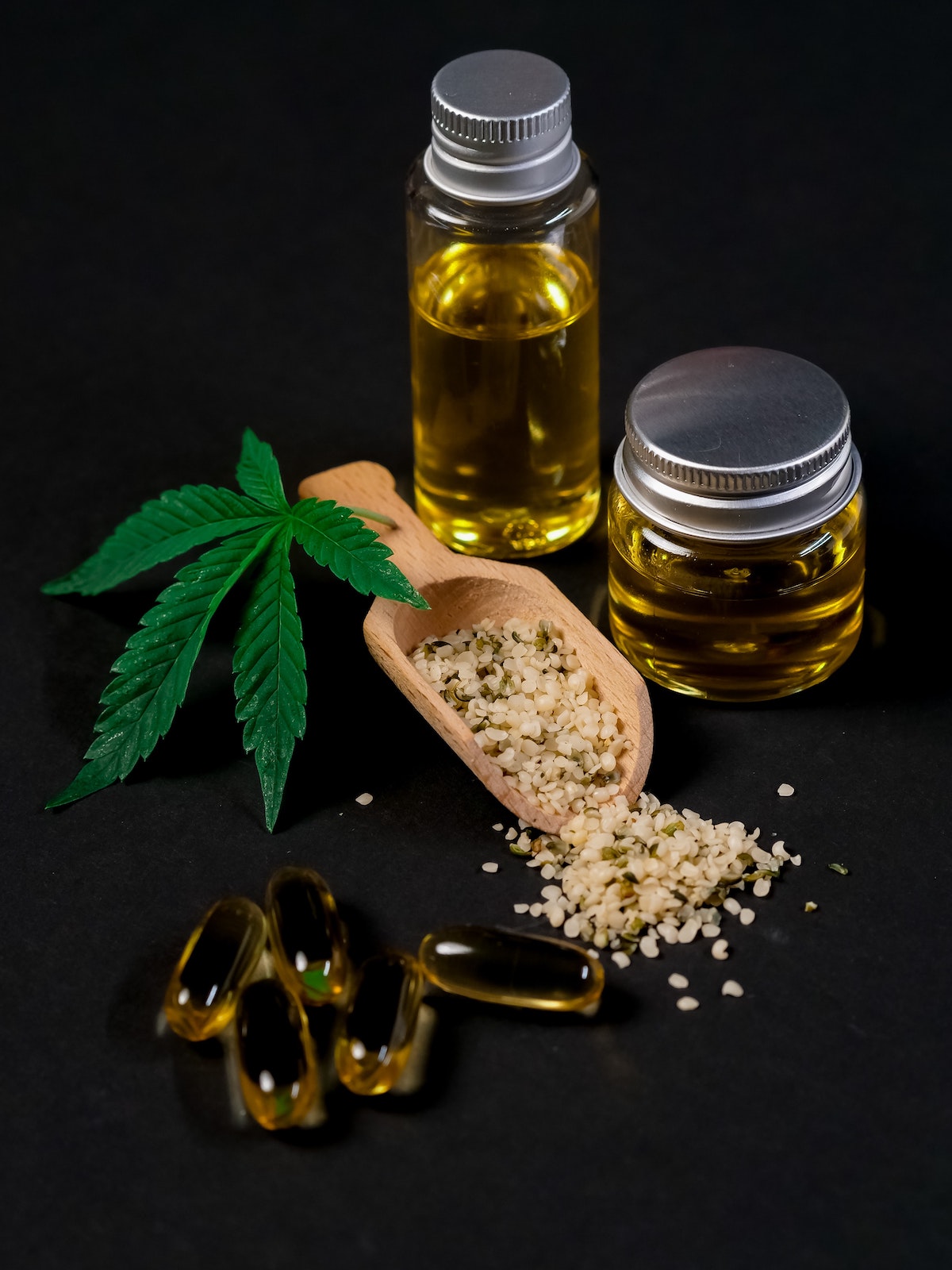Changing Times—the Scoop on CBD
Although I’m not admitting to anything here, per se, its still sobering to admit to this knowledge: back when I was in high school, if marijuana was found in your possession, it meant jail time or at least an interaction with the law.
But 50 years later, marijuana is legal in Massachusetts (although not yet federally). And now in Provincetown, the small town where I live, there are five cannabis stores within five miles of each that offer legal forms of CBD, the primary ingredient in marijuana.
So what’s the big deal? Are there really medicinal properties to some of these CBD products … or is it all about changing your reality and getting high on cannabis with THC?
Here is some info: CBD is a chemical compound found in cannabis, a flowering plant with several subspecies, including marijuana and hemp. Another compound in cannabis is delta-9-tetrahydrocannabinol—better known as THC. THC what is responsible for making a person feel “high” after smoking a joint or eating a pot brownie.
Many books have been written about CBD, but we have limited space, so I will focus on: How do I learn which products are medicinal? And where do I purchase a “product” that works for my purposes?

- Like any health provider or practice, allopathic or holistic, one of the best routes to knowing what you need is: referrals from trusted and informed friends/family.
- Ask questions of the person/retailer that sells the product.
- Be aware of your own inclination toward addictive tendencies.
When you shop for CBD products, remember to consider:
- High-quality CBD products that are lab tested to verify their safety and purity.
- The amount of milligrams of CBD in each serving of the product.
- USDA organic CBD when possible, by far your best option.
- Reputable CBD companies that sell their products online or in state-licensed dispensaries.
- Awareness of your own inclinations with regard to addictive substances.
- Products containing THC can result in psychoactive effects as well as adverse events. Additionally, most CBD products are not regulated by the FDA. As such, consumers should be aware that products labeled as hemp or CBD may contain other ingredients, such as THC, pesticides, heavy metals, bacteria, or fungi. Beware!
Here is an article with more details from Nina:
https://cfah.org/cbd-oil-strength/
Denise’s
 2 Cents:
2 Cents:
There are healing practices and holistic medicines that use plants or herbs naturally grown; they have worked for thousands of years. At a painfully slow speed, the wisdom of centuries of ancient bodies (Ayurvedic/Native American to name a few) imparting medicinal knowledge is slowly being integrated into the mainstream. And, certainly, there is a need for credibility and regulation among the medicinal plants and herbs. But right now it’s a bit like the wild wild west out there. Look carefully at the integrity, credentials, and body of knowledge of the practitioners who are offering these products to you. These products can sometimes enhance your life. Having said that, a word of caution. Please take a long look at your entire health picture and assess what’s really going on with you. It’s always best to get to the cause of a health issue, rather than cover it up with a product temporarily.
When I travel to India, I encounter the very modern as well as the historically traditional view of the qualities and medicinal properties of plants and flowers. For thousands of years, the Native American populations and a number of eastern cultures have treated illnesses and pursued wellness derived from herbs from the earth. The challenge for you today in this cannabis market is to answer questions such as, “Do I want to use a product with THC that alters my perceptions?” or, “Am I looking for topical rubs and ointments for my skin and muscles or something to ingest?” There are many ways to go with CBD, so by all means do your own research. I hope this newsletter provides some guidance.
